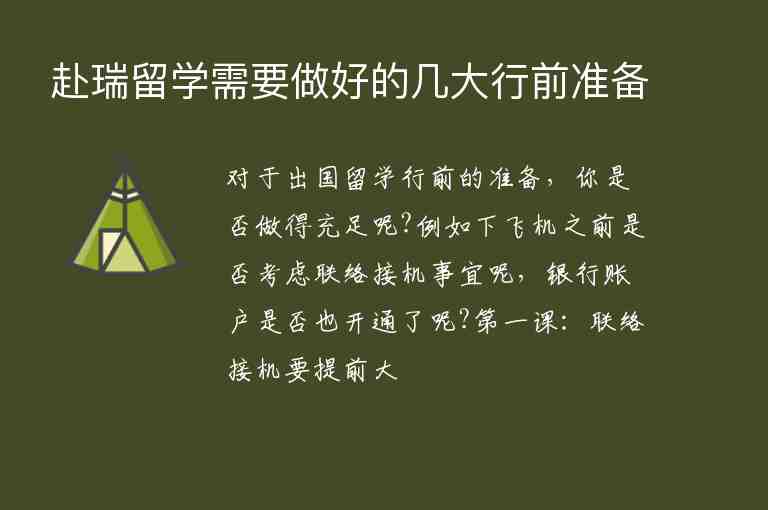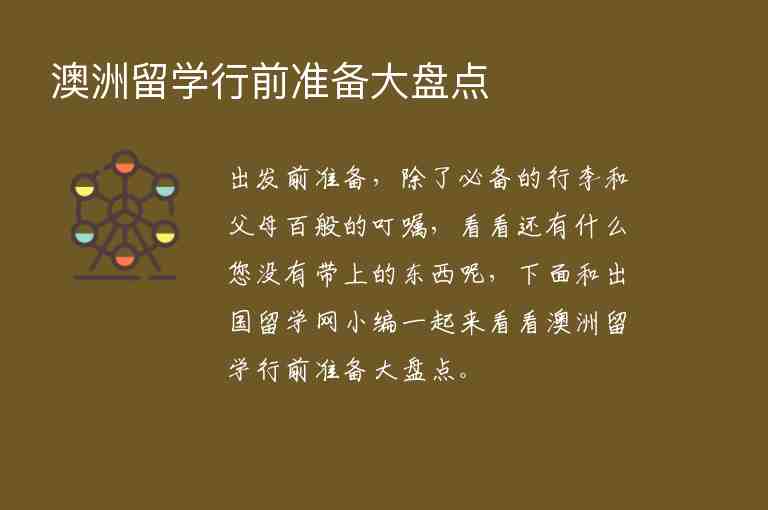blanch是一个动词,意为“使发白;把(蔬菜等)放入沸水中烫一下;剥皮;使(人)吓呆”。发音为/blæntʃ/。
用法:
1. blanch可以用作及物动词,也可以用作不及物动词。
2. 作及物动词时,常与介词for连用,表示“因某种原因而变白”。
3. 作不及物动词时,常与介词at连用,表示“吓呆”。
例句:
1. The shock of the accident blanched her face.
事故的冲击使她脸色发白。
2. I blanched the vegetables before cooking them.
我把蔬菜放入沸水中烫一下再做。
3. The old man's hair has blanched with age.
这位老人的头发因年龄增长而变白了。
4. She was blanched with fear when she saw the g.
当她看到鬼的时候,她吓呆了。
5. The thought of public speaking always blanches him.
一想到要公开演讲,他就吓得面色发白。
同义词及用法:
1. whiten:意为“变白”,可以替换blanch中的“使发白”这个意思。:The snow has whitened the whole landscape.(雪使整个景观变白)
2. pale:意为“苍白”,可以替换blanch中的“发白”这个意思。:The patient's face has paled after the surgery.(手术后,病人的脸色变得苍白)
3. shock:意为“使吓呆”,可以替换blanch中的“使吓呆”这个意思。:The sudden news shocked her.(突然的消息让她吓呆了)
编辑总结:
blanch是一个常用的动词,表示使发白、烫一下、剥皮或使吓呆。它常与介词for和at连用,分别表示因某种原因而变白和吓呆。同时,它还可以与同义词whiten、pale和shock替换使用。作为网络词典编辑翻译人员,我们应该掌握单词的多种含义及用法,并且能够灵活运用同义词来丰富语言表达。


